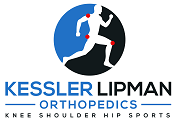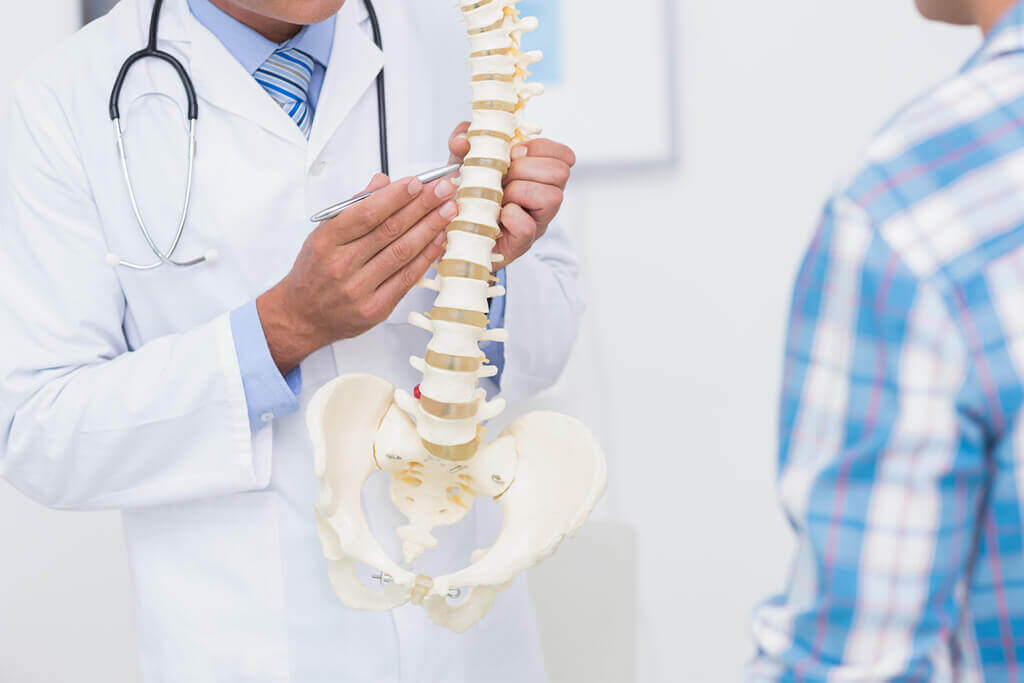Attention Deficit Hyperactive Disorder (ADHD)
Introduction
Causes
Symptoms
ADHD is a long-term chronic condition that can continue into adulthood. Untreated ADHD may interfere with an adult’s work performance. They may miss deadlines, forget things, have difficulty following directions, and have difficulty staying engaged during meetings. Adults with ADHD may not complete tasks at home and be very disorganized. They may have a low frustration tolerance, poor social skills, and impulsive behaviors, such as an unpredictable temper, that cause conflict in relationships and with the law.
Diagnosis
Treatment

Copyright © - iHealthSpot Interactive - www.iHealthSpot.com
This information is intended for educational and informational purposes only. It should not be used in place of an individual consultation or examination or replace the advice of your health care professional and should not be relied upon to determine diagnosis or course of treatment.
The iHealthSpot patient education library was written collaboratively by the iHealthSpot editorial team which includes Senior Medical Authors Dr. Mary Car-Blanchard, OTD/OTR/L and Valerie K. Clark, and the following editorial advisors: Steve Meadows, MD, Ernie F. Soto, DDS, Ronald J. Glatzer, MD, Jonathan Rosenberg, MD, Christopher M. Nolte, MD, David Applebaum, MD, Jonathan M. Tarrash, MD, and Paula Soto, RN/BSN. This content complies with the HONcode standard for trustworthy health information. The library commenced development on September 1, 2005 with the latest update/addition on February 16, 2022. For information on iHealthSpot’s other services including medical website design, visit www.iHealthSpot.com.


